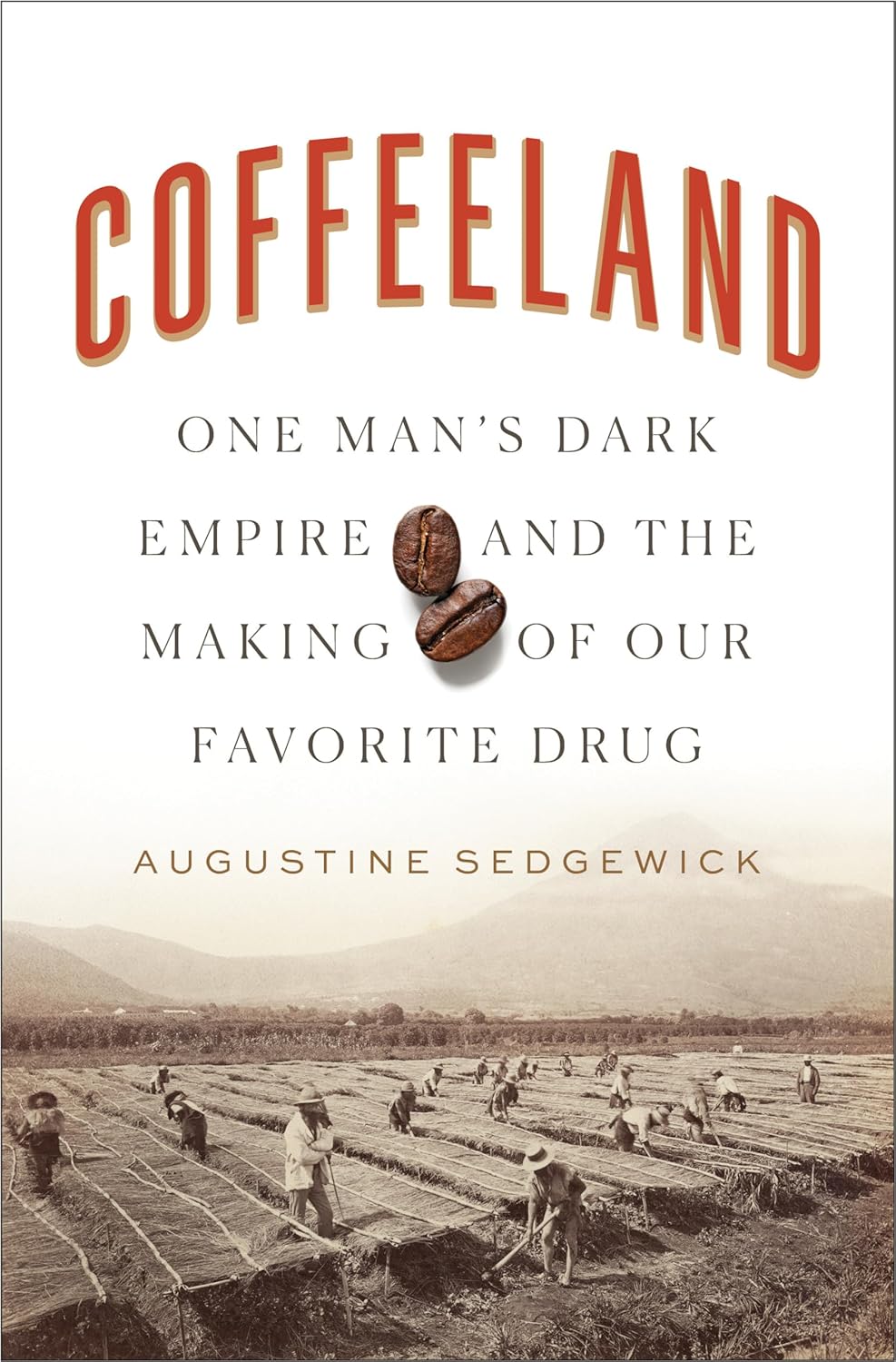Sedgewick, in a tradition of protest literature rooted more in William Blake than in Marx, sees mankind chained to a treadmill of obedience leading only to oblivion. His book is filled with nostalgic glimpses of prelapsarian Central America, the Eden before Columbus and Hill, and he concludes with a vision of a new order in which “food sovereignty” will emerge as “a direct rebuke to the core order of the modern world . . . pulling up the root of the international coffee economy, cutting off the principal mechanism of long distance connection between people who work coffee and people who drink coffee.” Communities in rural El Salvador will then be left alone to attend to the business of eating and feeding, “picking wild fruit, tending tomatoes and blackberries, cultivating corn and beans, raising chickens, hunting and fishing, cooking with family, feeding children, sharing with neighbors, welcoming friends, eating anytime, and going back for more, again.”
A milder, milkier case against coffee advances from another front in Michael Pollan’s new audiobook, “Caffeine” (Audible). After the evangelical, psychedelic enthusiasms of his last book, “How to Change Your Mind,” he proves to be ambivalent about the jumping bean. Accepting the life-enhancing and surprisingly medicinal effects of coffee, he also relates how, in his own experience, breaking a coffee addiction can be a step toward self-discovery: it was the coffee that was waking up and doing all that writing. He sees it as a wonder energy drug—cocaine for the masses—but, where others have taken the coffeehouses of Europe primarily as seedbeds for the Enlightenment, he, like Sedgewick, focusses on caffeine’s role in the regimentation of work. For all the good it does us, Pollan argues, coffee is also ruining our sleep. The caffeine addict—king or commoner—must decide whether sleep may be a more powerfully salubrious remedy than the coffee that ends it.
Advertisement
Not much hope there for the coffee lover. One turns back to Stewart Lee Allen’s work, which, though far from polemical, does contain a useful politics. It is the ancient politics of pleasure understood as something won eternally from pain—or, as St. Augustine would put it, from original sin. Most pleasures, after all, rely on someone else’s pain, or the possibility of it. Sex has, historically, jeopardized lives through disease, abuse, and, for women, the high risks of childbirth. The goal of a good life should be not to denounce the pleasures but to minimize the pain. With some pursuits, the pain seems so inherent that we must end the pleasure. Bullfighting, boxing, foie gras, and football all fall somewhere in this zone. In other instances, we believe that we can retain the enjoyment and alleviate the suffering.
